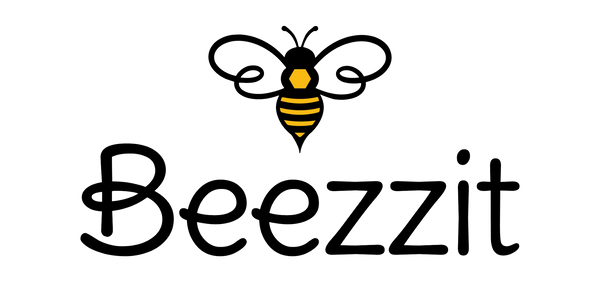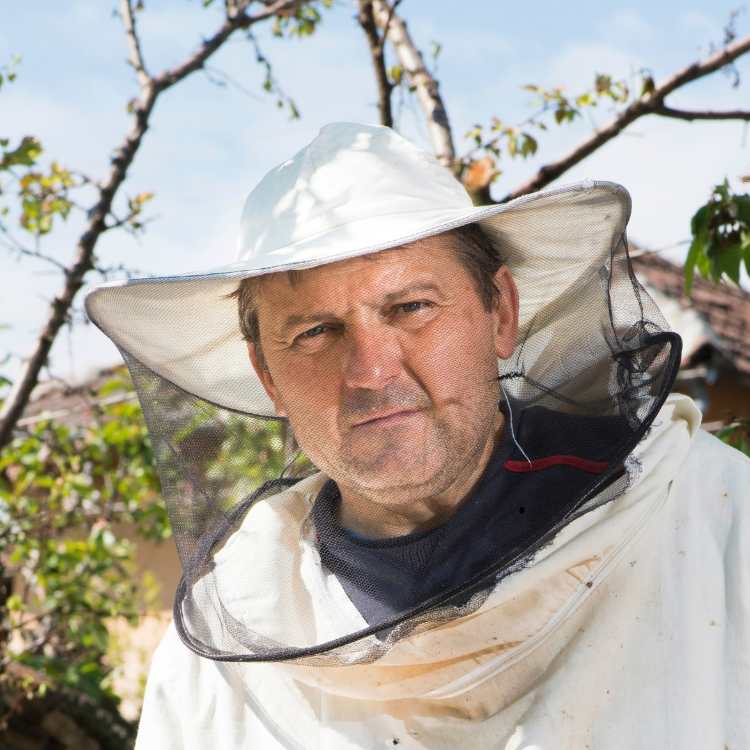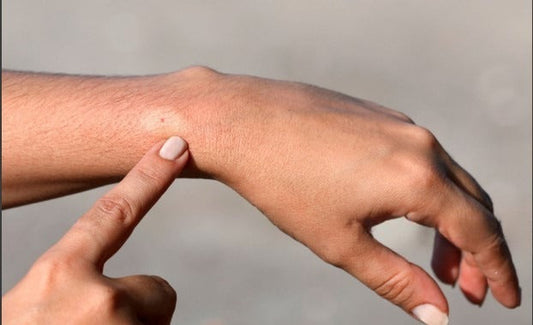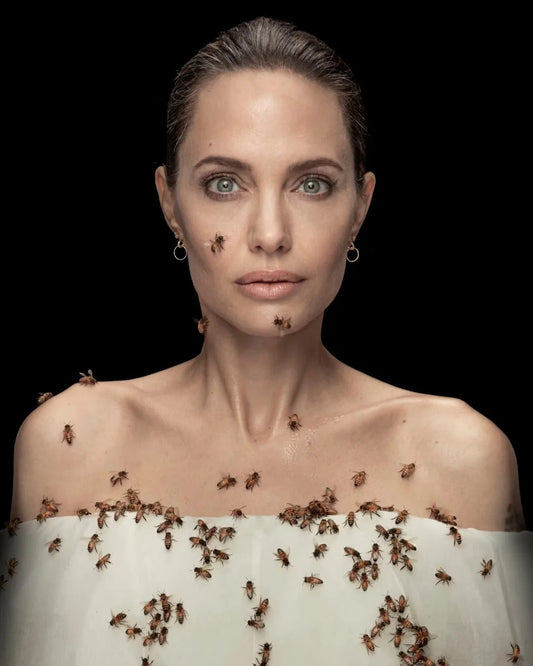Some curious folks have been asking me is beeswax edible a number of times. And each time I get this question, I smile, because that question opens the door to one of nature’s most fascinating discussions. Beeswax is not only a marvel of bee engineering but also a substance that humans have used for thousands of years in food, medicine, and daily life.
So, let me walk you through the complete story of beeswax and show you what it really means to eat beeswax.
Beeswax: Definition
Beeswax is secreted by young worker bees, who consume large amounts of honey to produce tiny wax scales. Over time, these scales are softened, molded, and assembled into hexagonal combs that we all recognize. From the beekeeper’s eye, every comb represents a mixture of wax, honey, pollen, and propolis. All of these are super vital components to a living hive.
Chemically, beeswax is incredibly complex. It contains hundreds of compounds, with monoesters, hydrocarbons, fatty acids, and alcohols dominating its makeup. This complexity gives beeswax its unique properties: malleability, water resistance, and flammability.
Now coming back to the main question of is beeswax edible. The real answer is going to depend on how you define “edible.”

Digestibility vs Edibility
Unlike bee bread, the human digestive system is not able to completely break down beeswax. When you eat it straight from the comb, the wax passes through largely unchanged. In that sense, is beeswax edible? Yes, because you can safely chew and swallow beeswax without any harm. But since it is undigestible, it functions more like dietary fiber.
What makes beeswax even more interesting is that it also contains trace amounts of beneficial compounds like long chain fatty alcohols and antioxidants. There are some studies that even indicate mild cholesterol-lowering effects.
Historical uses in food
Beeswax has appeared in human diets for millennia. Ancient cultures used it to coat cheese, preserve foods, and even sweeten treats when mixed with honey. If you ask is beeswax edible in a culinary sense, the answer is again yes.
Beeswax has been incorporated into confections, chewing substitutes, and even medical lozenges. The Greeks once chewed beeswax with herbs.
Beeswax in modern foods
Today, you will often find beeswax under the label E901 in food products. It works wonders as a glazing agent for gummy candies, chocolates, and fruit coatings. Its main role is to protect, preserve, and add texture.
Some of the most common food applications include:
- Chewing comb honey for flavor and texture
- Adding beeswax as a natural glazing agent in candies
- Using it to coat cheeses and fruits for preservation
- Blending it in lozenges and confectionery
The real joy for many, though, comes from chewing raw comb honey. The waxy cells pop under your teeth, releasing honey, while the wax remains chewable like gum. As a beekeeper, I consider this one of the purest ways to experience the hive’s bounty.
Safety considerations
The question is beeswax edible often arises out of concern for safety. Pure beeswax from a trusted hive is safe to consume in small amounts. The main caution lies in contaminated or heavily processed wax, which might contain residues from pesticides or chemicals. And that is why sourcing matters so much. As a beekeeper, I only recommend beeswax that comes directly from natural, untreated hives.

Bowl of beeswax
The beekeeper’s verdict
So, is beeswax edible? Absolutely. But with understanding. It is safe, natural, and has been part of the human diet for thousands of years. Though it does not serve as your average nutritional powerhouse, it enriches honey with texture and tradition. Eating comb honey remains one of the most authentic ways to enjoy beeswax, and the practice ties us back to the origins of beekeeping itself.
From the perspective of a beekeeper who has been around bees and hives for decades, one thing I can say is that beeswax is a gift. The question is beeswax edible doesn’t just have a scientific answer. It has a cultural one. It is a stark reminder for us that nature produces substances not always meant to nourish but to connect us with the intricate lives of bees. And that, in itself, makes beeswax worth chewing, tasting, and appreciating every single time.
For more fun insights into the world of bees, consider following my full blog here.





